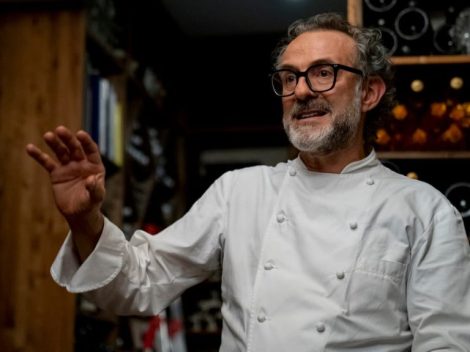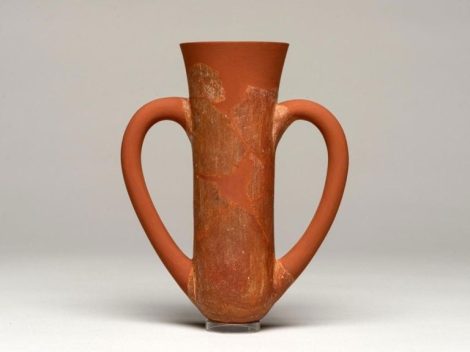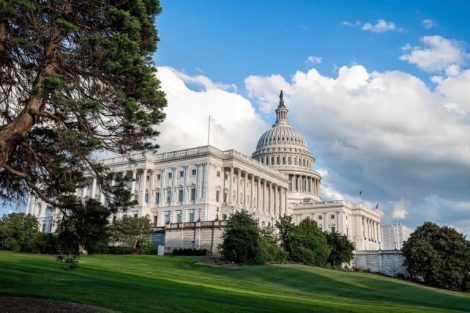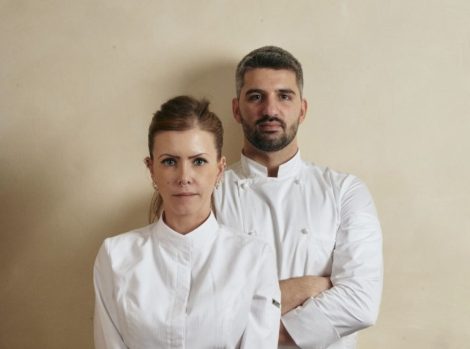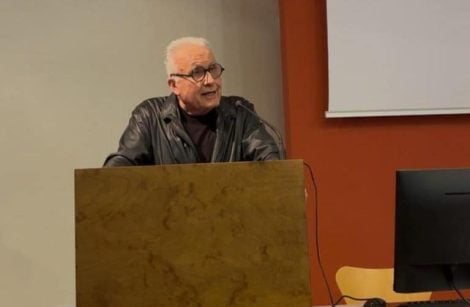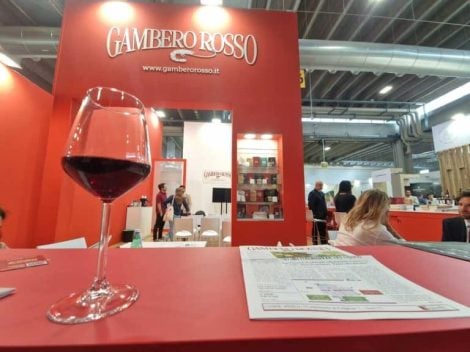The United States has declared a trade war on the rest of the world, including Italy. For Europe, tariffs have been set at 20%—far less than the initial, eye-catching 200% figure but still enough to put companies in serious difficulty, especially those in the wine industry. Italy exports wine to the US worth a total of €1.9 billion and has a greater exposure in the American market, accounting for 24% of total export value, compared to France's 20% and Spain's 11%. Beyond any potential negotiations, a concrete proposal to stay afloat comes from the Unione Italiana Vini (UIV) and focuses on the relationship between Italian companies and US importers/distributors.
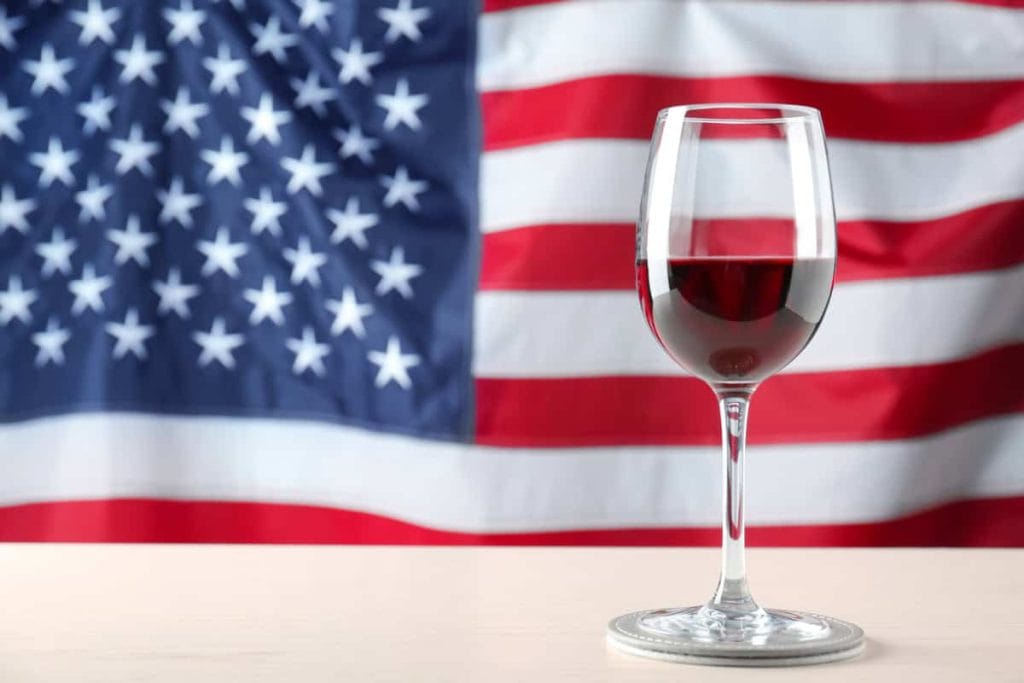
A pact between wineries and buyers to absorb tariffs
The proposal is to establish an agreement between Italian companies and their overseas trade partners. "The burden of extra costs must be shared to avoid passing them onto final consumers," explains UIV President Lamberto Frescobaldi. In simple terms, €323 million in annual revenue would need to be cut, distributed between exporters and buyers who, in any case, "profit more from imported wines than we do." Every euro of wine sold in the US generates an added value of €4.5 in the American economy across importers, distributors, and restaurateurs. In essence, this would require extra effort from all players in the supply chain who have a vested interest in continuing to do business with Italy. The goal is to keep prices unchanged for US consumers (as shown in the table below).
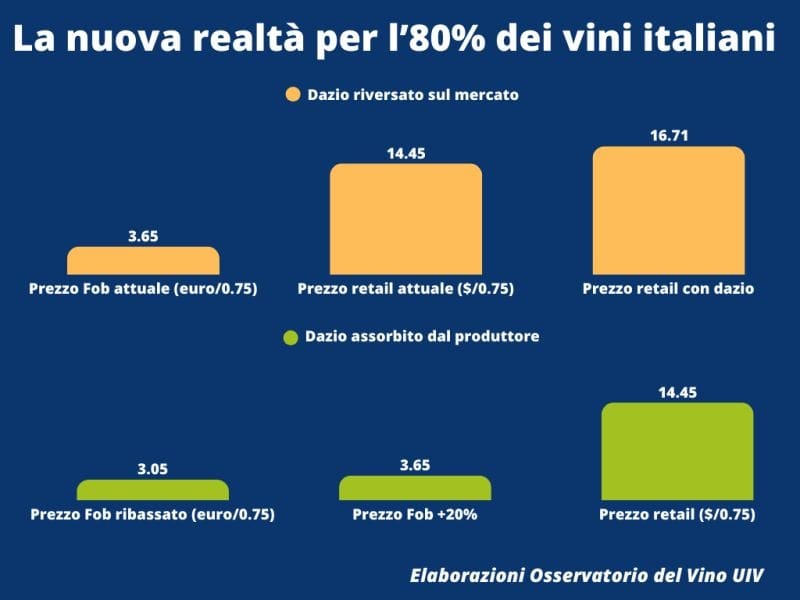
The new reality for 80% of Italian wines
The risk of being pushed out of the market
Sacrificing revenue, then, to remain competitive on the shelves. After all, raising the final price of the product would mean exiting the market, particularly for Italian wines positioned in the mid-price range. According to UIV's calculations, this could impact around 80% of Italian wines. Only 2% of Italian bottles sold in the US fall into the luxury wine category, while 80% are in the "popular" price range, which translates to an average starting price of just over €4 per litre.
Regarding Agriculture Minister Francesco Lollobrigida’s comments on possible government support for businesses ("If the situation changes and the sector faces difficulties, we foresee support," he told Adnkronos, referring to potential state aid), Frescobaldi responds with certainty: "Support? There probably will have to be, but if we start with that, we’ve already lost."

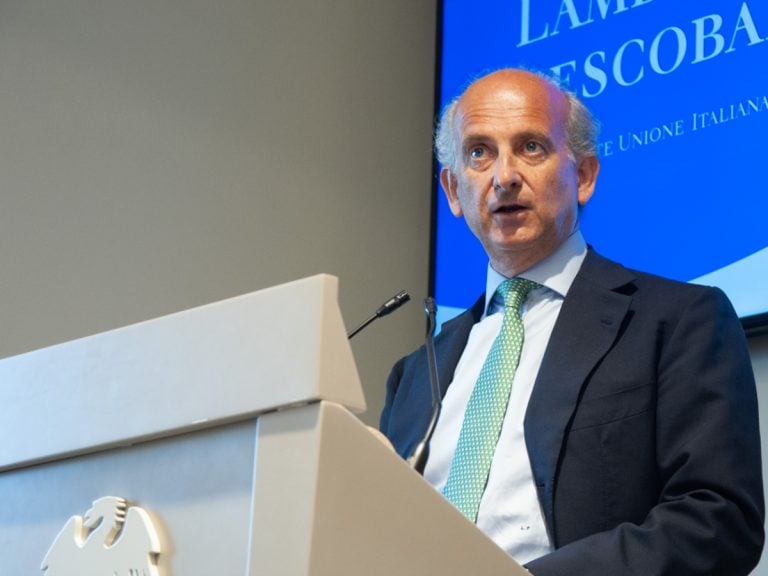
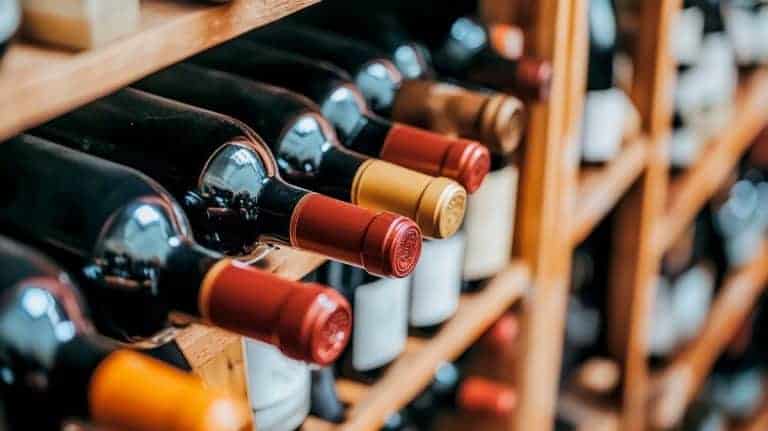 US tariffs: here are the Italian wines most at risk, from Pinot Grigio to Chianti Classico
US tariffs: here are the Italian wines most at risk, from Pinot Grigio to Chianti Classico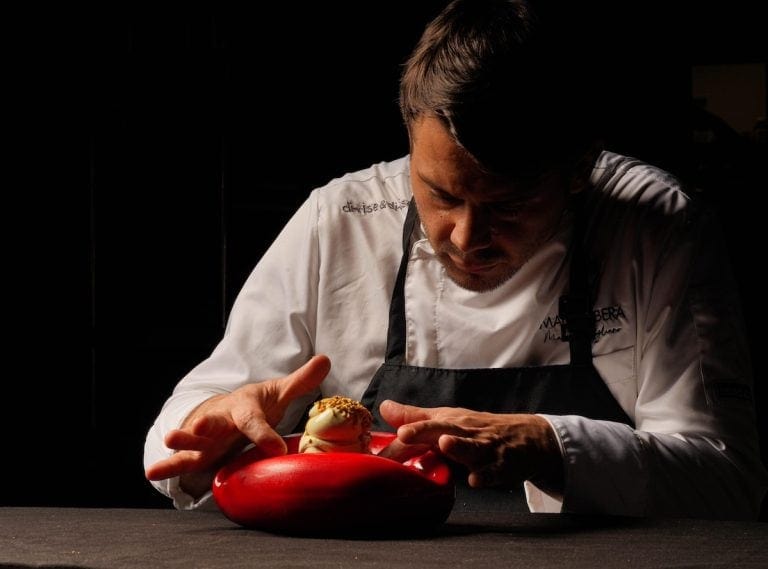 "With U.S. tariffs, buffalo mozzarella will cost almost double. We're ruined." The outburst of an Italian chef in Miami
"With U.S. tariffs, buffalo mozzarella will cost almost double. We're ruined." The outburst of an Italian chef in Miami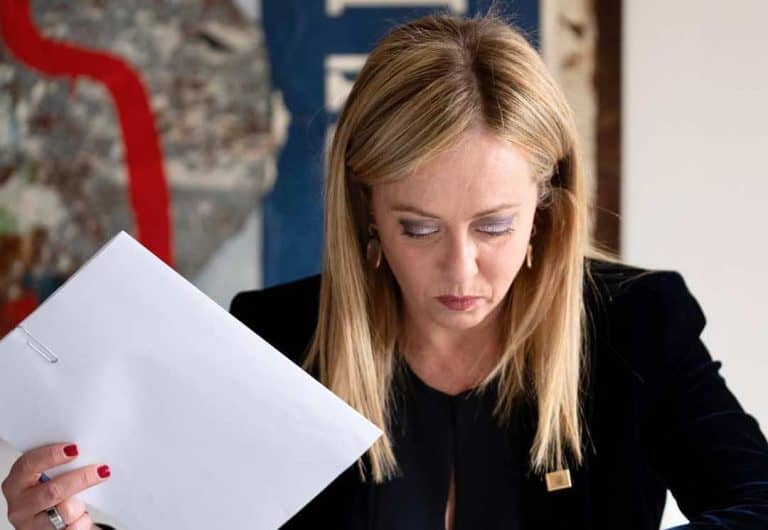 Meloni: "Tariffs? If necessary, there will be consequences. Heavy impact on agri-food sector"
Meloni: "Tariffs? If necessary, there will be consequences. Heavy impact on agri-food sector"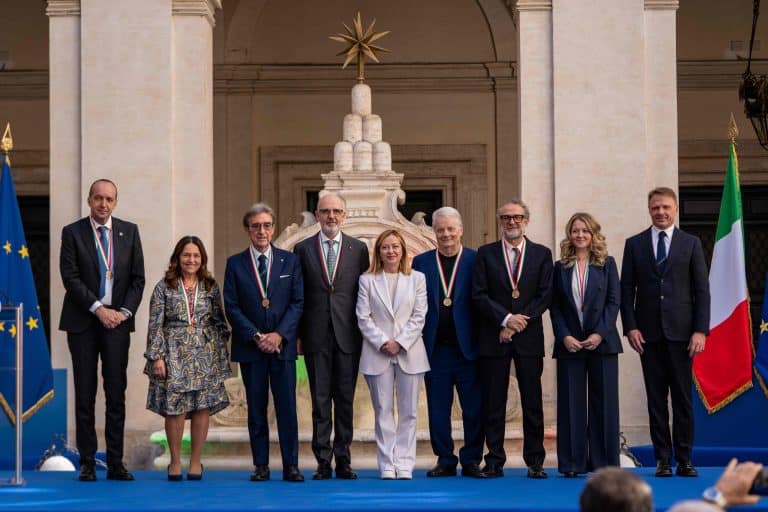 The Government honours the greats of Italian cuisine, from Bottura to Pepe. Massari: "Thank you, Meloni, the only one who listened to us"
The Government honours the greats of Italian cuisine, from Bottura to Pepe. Massari: "Thank you, Meloni, the only one who listened to us"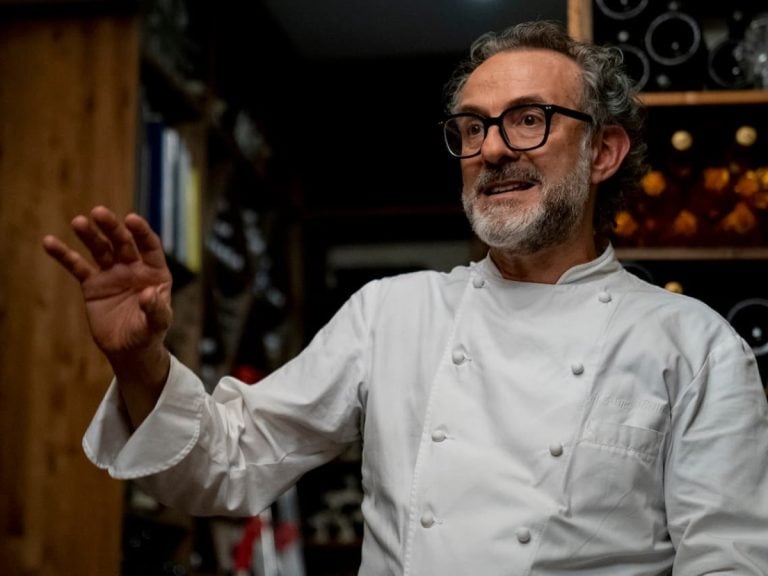 "We must promote a cuisine that is not just for the few." Interview with Massimo Bottura
"We must promote a cuisine that is not just for the few." Interview with Massimo Bottura